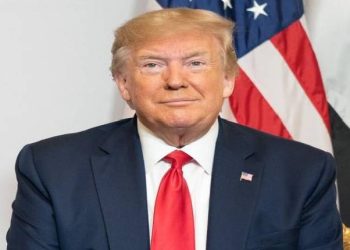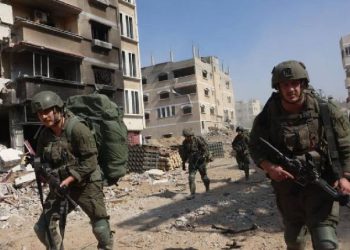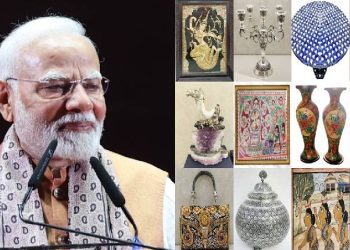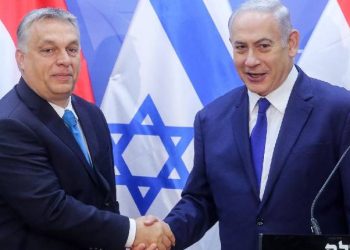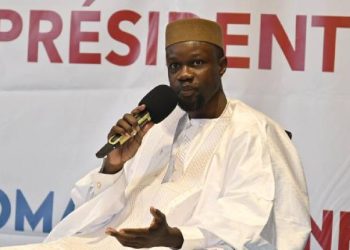Kathmandu: Communist Party of Nepal-Maoist Centre Chairman and former Prime Minister Pushpa Kamal Dahal aka Prachanda on Saturday called for a review of the 1950 treaty between Nepal and India.
Prachanda, who is currently in New Delhi and has met Minister for External Affairs S. Jaishankar and National Security Adviser Ajit Doval among others, made the remarks at an event organised by the Foundation for Public Awareness and Policy.
He said that even after solving the problems between the two countries through diplomatic dialogue, there should be no delay in reviewing the treaty.
“There are some issues left by history that need to be addressed in good faith to fully realise the potential of Nepal-India relations and bilateral cooperation. The matters related to the 1950s Treaty, boundary, and the EPG report need to be resolved through diplomatic efforts and dialogue. In the spirit of good neighbourliness, we can make our relations problem-free,” he said.
Prachanda also stressed that the report prepared by the Nepal-India Prominent Group should be accepted and the relationship between the two countries should be further strengthened. Noting that the relationship between Nepal and India has been strong since time immemorial, he said that if there is any problem, it can be resolved through diplomatic dialogue.
Nepal and India formed the EPG in 2016 with a mandate to review and suggest a new blueprint of Nepal-India relations in the changed global and regional context. The panel submitted its report in 2018 where it also suggested reviewing the 1950s peace and friendship treaty as well as streamlining the Nepal-India open border among others.
But due to different opinions and views between New Delhi and Kathmandu, the report has failed to get submitted to the Prime Ministers of India and Nepal which was agreed upon in the last meeting of the EPG in July 2018.
Prachanda also requested India to increase investment in Nepal’s agriculture, infrastructure, and tourism. He mentioned that the Nepal government has given priority to the export industry and held that there is an opportunity to get high returns by investing in it.
“The commonalities between Nepal and India and the extent of engagements have created a synergy for a robust interdependence. We must capitalise on these enablers to ensure that the cooperation bears fruits for the people of both countries. Goodwill, trust, understanding, equality, mutual respect, and benefit should continue to underpin our relationship,” he said
He also hailed the recent agreement and understanding reached between Nepal and India.
Nepal holds immense potential in hydropower generation, he said, and as an economic powerhouse, India has a growing demand for electricity. “Bilateral cooperation in the power sector will therefore deliver mutual gains. Nepal’s hydropower is an answer to issues of energy security as well as green growth.”
To enhance trade and economic activities, Nepal has prioritised connectivity infrastructures -including roads, railways, waterways, and transmission lines, he said.
“Agriculture offers huge potential for cooperation. We need to implement the important understanding reached in the past for promoting cooperation in this sector. We appreciate India’s valuable support in supplying chemical fertilizers to Nepal. Nepal and India are working on different large projects including Integrated Check Post (ICP) and rail links,” he said.
The Ramayan Circuit, Buddhist Circuit, Shiva Circuit, and other religious sites including Pashupatinath, Muktinath, and Janakpurdham solemnly represent our civilisational bonds and potential for scaling up religious tourism, he added.
Da1hal reached India on Friday at the invitation of India’s ruling Bharatiya Janata Party (BJP). During this visit, he is also scheduled to meet Prime Minister Narendra Modi.
In the meeting with Prachanda, Jaishankar said that Nepal has been prioritised under the “Neighborhood First Policy”.
“India will always be a reliable partner in Nepal’s desire for development and prosperity, reflecting the policy of neighborhood first,” he said, adding: “There has been a fruitful discussion on strengthening our neighborly relations by focusing on economic cooperation.”
(IANS)




